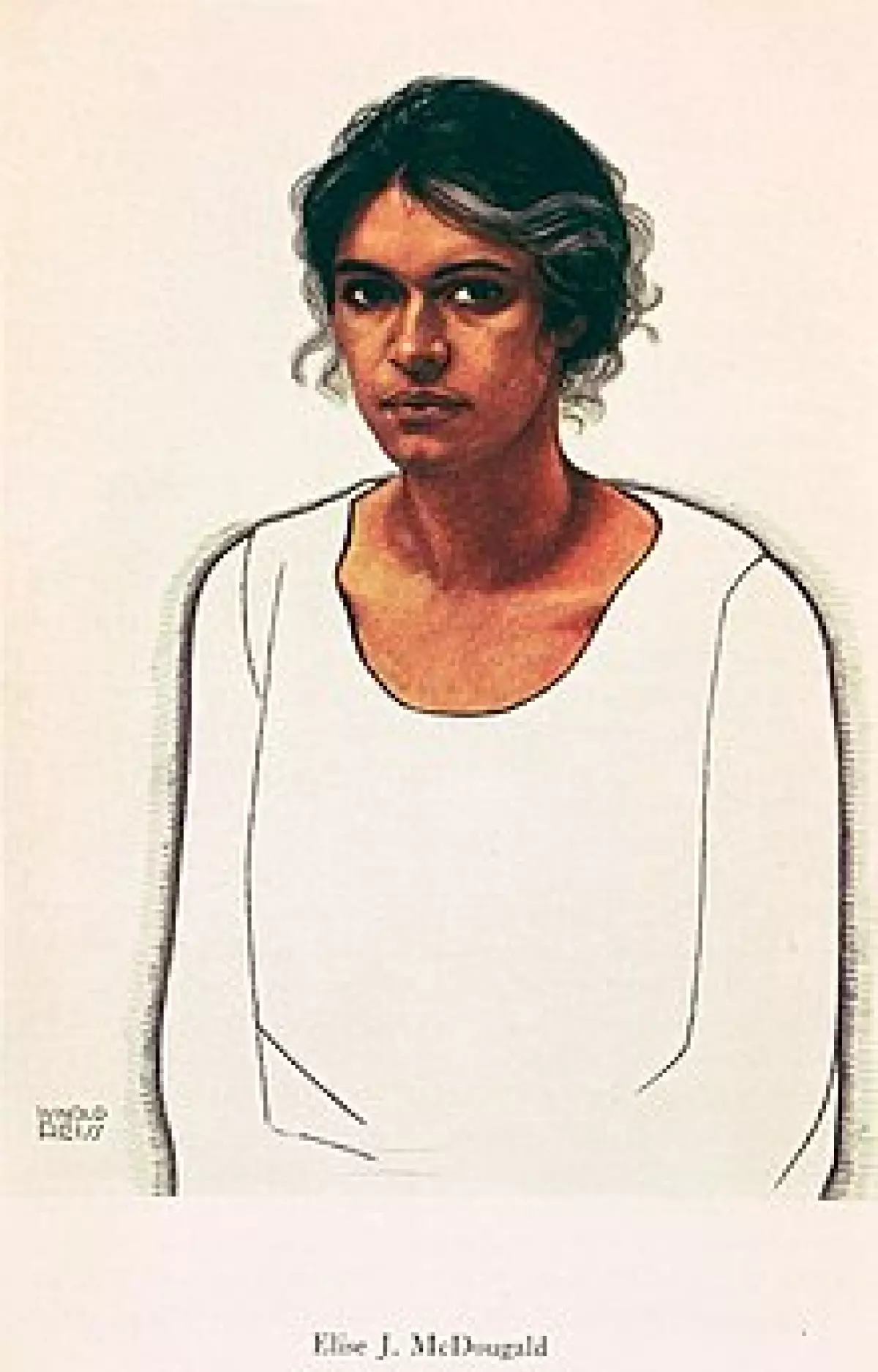 Elise Johnson McDougald
Elise Johnson McDougald
Elise Johnson McDougald was more than just an educator. She was a trailblazer, a feminist, and an inspiration to countless individuals. Born on October 13, 1885, in New York City, Elise shattered barriers and paved the way for future generations of African-American women. Her legacy is one of perseverance, resilience, and the importance of education in empowering marginalized communities.
Early Life and Education
Elise Johnson McDougald's father, Dr. Peter Augustus Johnson, was a pioneer in his own right. As one of the first African-American doctors and a founder of the National Urban League, he instilled a strong sense of purpose and determination in his daughter. Elise's mother, Mary Elizabeth Whittle, hailed from the Isle of Wight in England, adding a unique cultural blend to her upbringing.
Growing up in Manhattan, Elise experienced the vibrant diversity of the city firsthand. However, summers spent on her family's truck farm in New Jersey brought her closer to nature and taught her the value of hard work. Elise became the first African-American graduate of the Girls' Technical School in 1903, a testament to her academic prowess and dedication. Although she did not receive her bachelor's degree, Elise pursued further education at Hunter College, Columbia University, and New York City College.
A Career of Impact and Advocacy
Elise's teaching career began in 1905 at P.S. 11 in lower Manhattan, where she made a lasting impact on her students. However, she temporarily stepped away from teaching in 1911 to focus on her family. In 1916, she returned to work as a vocational counselor at the Manhattan Trade School and later joined the National Urban League. There, she spearheaded a survey documenting the working conditions of African-American women in New York City. Her findings were published in the influential piece "New Day for the Colored Woman in Industry in NY City" in 1919.
Elise's activism extended beyond her work at the National Urban League. In 1925, her essay "The Double Task: The Struggle for Negro Women for Sex and Race Emancipation" was published in the illustrious Survey Graphic magazine. Edited by Alain Locke, this publication played a pivotal role in defining the Harlem Renaissance. Elise's contribution was an early example of African-American feminist writing, highlighting the intersectionality of gender and race.
In 1935, Elise was appointed as the principal of P.S. 24 during the challenging times of the Great Depression. With compassion and dedication, she fought to improve the lives of struggling families and create a more inclusive and relaxed learning environment. Her innovative Activity Program placed children at the center of the educational experience, embracing experiential learning, interdisciplinary curriculum, and democratic living.
Personal Life and Legacy
Elise Johnson McDougald's impact was not limited to her professional achievements. She married twice, first to attorney Cornelius W. McDougald and later to Dr. Vernon A. Ayer. Her marriage to Dr. Ayer in 1928 marked a new chapter in her life, fueling her passion for education and advocacy.
Elise Johnson McDougald passed away on June 10, 1971, leaving behind a lasting legacy. Her work as an educator, writer, and activist continues to inspire generations of individuals to fight for equality and justice. Elise's dedication to the education of African-American women and her contributions to the Harlem Renaissance have solidified her place in history as a true trailblazer.
References
- Original Article
Image Source: Elise Johnson McDougald
















